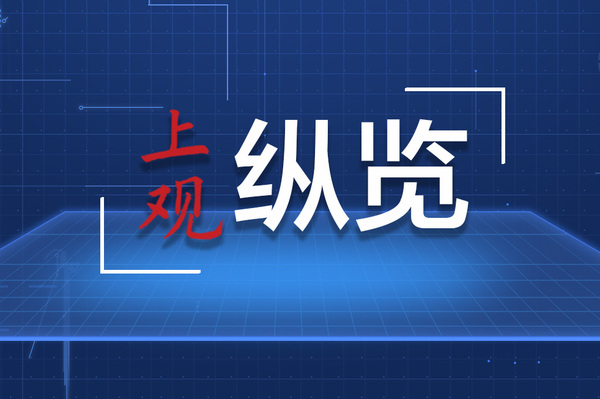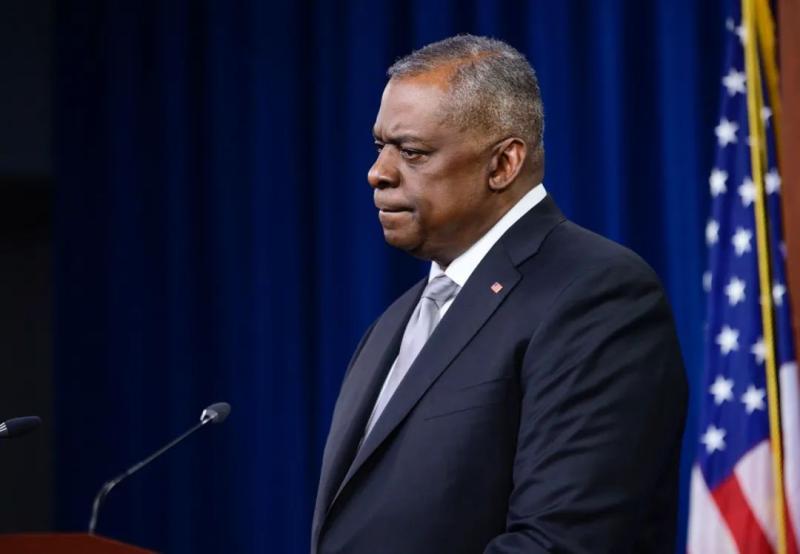To enhance the well-being of all humanity, South African scholars argue that the BRICS strategy aligns with China's initiatives
Introduction
The long-term strategic objectives of the BRICS countries, such as promoting economic growth, promoting peace and security, promoting social justice, improving governance, and sharing progress, are highly compatible with China's "the Belt and Road Initiative", the Global Development Initiative, the Global Security Initiative, and the Global Civilization Initiative. As representatives of emerging market countries worldwide, BRICS countries should explore new development models and move towards a more multilateral direction. The 15th BRICS Leaders Meeting held recently sent a strong signal that BRICS countries are actively promoting a win-win strategy for global South South cooperation and building a more multipolar world order.
In 2013, South Africa hosted the first BRICS Leaders Meeting, which decided to establish the BRICS Think Tank Council. The council has formulated a long-term strategy for the BRICS countries, which includes five pillars: promoting economic growth and development cooperation, promoting peace and security, promoting social justice, sustainable development, and improving quality of life, improving political and economic governance, and sharing progress through knowledge innovation.
Also in 2013, China put forward the "the Belt and Road" initiative. In the past 10 years, we have witnessed the synergy between the long-term strategy of the BRICS and the "the Belt and Road" initiative, which has had many positive impacts on developing countries and emerging economies in the global South.
The basic points of the "the Belt and Road" just resonate with the five long-term strategies of the BRICS countries. The basic concept of China's concern for global development is the Global Development Initiative, Global Security Initiative, and Global Civilization Initiative. These three major initiatives are in line with the five long-term strategies of the BRICS countries.

At the end of last month, the 15th meeting of BRICS leaders was just held in Johannesburg, South Africa. At this time, let's briefly evaluate the long-term strategies of the BRICS countries and the progress made by China's three major initiatives in multilateralism, trade and finance, and peace and security development.
The first pillar of the long-term strategy of the BRICS countries is to promote economic growth and development cooperation, which coincides with China's global development initiative. Over the past 9 years, the BRICS countries have made many positive progress in consolidating their economic development cooperation plans. BRICS countries set up new development banks and emergency reserve arrangements, and China also set up the Asian Infrastructure Investment Bank under the framework of the "the Belt and Road" initiative. These two new international financial institutions will continue to play an important role in infrastructure investment in BRICS countries and Asia.
Due to the dominance of the US dollar and euro in international trade, domestic trade in BRICS countries, Asia, and some European countries has always been restricted by foreign exchange pressures. In recent years, both BRICS and Asian countries have been committed to using their own currencies in trade to reduce foreign exchange volatility risks and promote international balance of payments. The New Development Bank has also established emergency reserve arrangements for BRICS countries to mitigate such risks within their mechanisms.
The initiatives proposed by China in economic cooperation and development coincide with the last four long-term strategies of the BRICS countries, namely promoting peace and security, promoting social justice, sustainable development, improving quality of life, improving political and economic governance, and sharing progress through knowledge innovation. China's initiatives in peace, security, and development are also prerequisites for achieving the five long-term strategies of the BRICS countries.
In recent months, the international community has generally paid attention to China's efforts to actively mediate the crisis in Ukraine. China has shown new cultural confidence in handling its relations with Europe and America, and actively invests in supporting the development of developing and emerging countries in Asia, Europe, Africa, and Latin America. The three global initiatives proposed by China have become symbols of China's international status. In addition, South Africa, Brazil and India, the three BRICS countries, have not been directly involved in the Russia-Ukraine conflict, and they have also been advocating peaceful resolution of the crisis.

Both the long-term strategies of the BRICS countries and the three major initiatives proposed by China cannot be separated from a peaceful, secure, and just international order, in order to promote the achievement of the United Nations Sustainable Development Goals.
The 15th BRICS Leaders' Meeting is not only an evaluation of the five long-term strategies of the BRICS countries, but also an assessment of the impact of China's three major initiatives. The BRICS countries have achieved some strategic goals by establishing new development banks and establishing new trade and monetary arrangements; At the same time, the heads of state of the BRICS countries are also working together to promote world peace and security.
In addition, BRICS countries have been in the forefront of developing countries, especially African countries, in combating the COVID-19 epidemic. China and South Africa have played a crucial role in providing vaccines and support to African countries. In June of this year, at the New Global Financing Compact Summit held in France, South African President Ramaphosa harshly criticized countries that are deaf and mute when needed in Africa. China's "the Belt and Road" initiative has had a huge impact on developing countries and other BRICS countries through investment in infrastructure construction. In order to improve education, health, and social services, BRICS countries are seeking to share innovative technologies to enhance service delivery capabilities between member economies and regional partner economies.
This year marks the 10th anniversary of the the Belt and Road Initiative and China's new development model. We cannot help but imagine: can the BRICS countries and China go beyond current multilateral relations and explore new development models, so that the BRICS countries and Asian, European and African countries can move towards a more multilateral direction? To make South South cooperation meaningful, developing countries and emerging economies must further strengthen cooperation in promoting full employment, social justice, and addressing policy goals such as poverty and inequality, in order to address challenges. In December 2022, Chinese Foreign Minister Wang Yi delivered a speech at the International Situation and Chinese Diplomacy Seminar, pointing out that 150 countries and 32 international organizations have joined the "the Belt and Road" initiative, and said: "On the new journey, we will adhere to our original mission, adhere to Chinese path to modernization, adhere to peaceful development, adhere to the world in mind, adhere to high-level opening up, adhere to independence, adhere to civilized dialogue, and adhere to the spirit of struggle."
However, if the BRICS cooperation mechanism, the "the Belt and Road" initiative and China's strategy are to have a substantial impact on the global South, it is necessary to ensure that the new development model can promote harmonious and sustainable growth and development among BRICS countries, China, developing countries and emerging market partners in a multilateral dimension, with a view to achieving mutual benefit and win-win results.

Perhaps at present, it is still too early to fully achieve all the goals of the five long-term strategies of the BRICS countries and the three major initiatives of China. However, with the hosting of the South African BRICS Summit, both South Africa and China deeply feel that they are adding bricks and tiles to the global South South cooperation win-win strategy, the establishment of a more multipolar world order, and the great cause of improving the well-being of all mankind.




